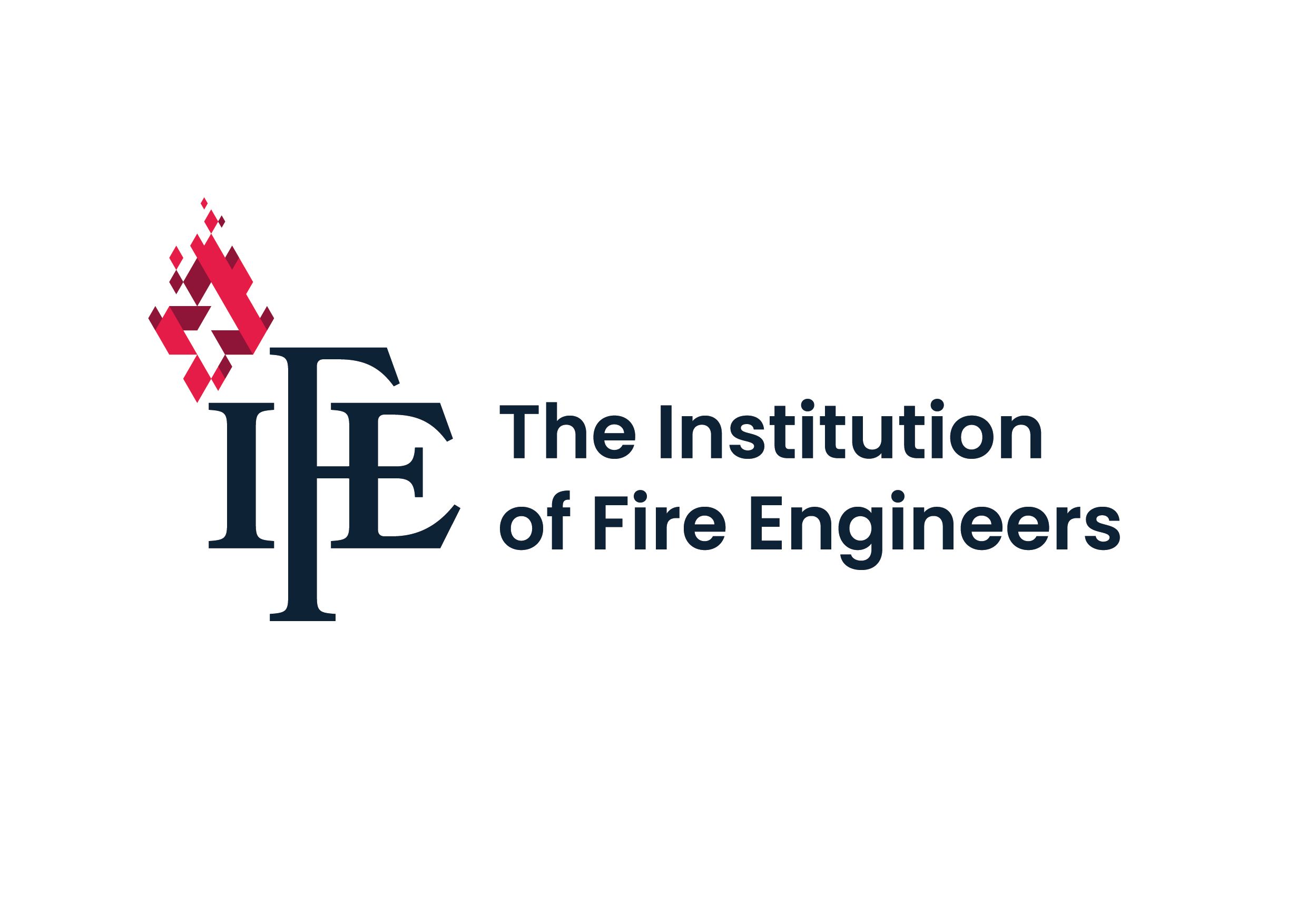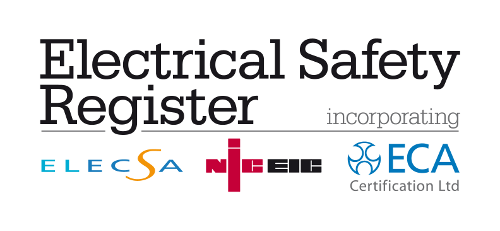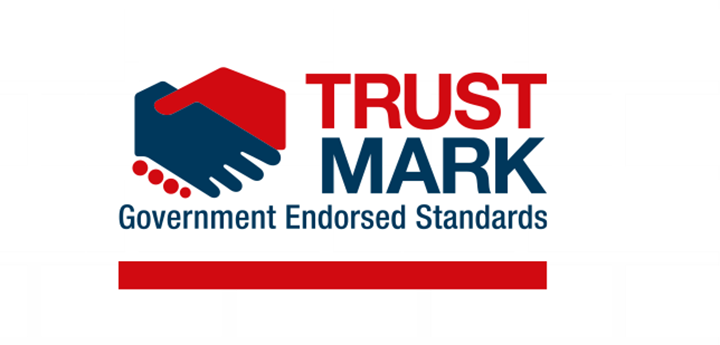Electrical Fault Finding Services: Ensuring Safety and Compliance in London
Electrical faults in rental properties pose significant safety risks and legal liabilities for landlords. Prompt detection and resolution are essential to protect tenants and comply with increasingly stringent UK electrical safety laws. Professional electrical fault finding services play a vital role in ensuring properties meet legal standards, particularly across London where council enforcement is rigorous. This comprehensive guide covers the relevant laws, fault finding processes, certification requirements, council mandates, and pricing—equipping landlords to maintain compliant and safe rental homes in 2025.
Legal Requirements for Electrical Safety in Rental Properties
Under the Electrical Safety Standards in the Private Rented Sector (England) Regulations 2020, all landlords must ensure electrical installations within their rental properties are inspected and tested by a qualified electrician at least every five years via an Electrical Installation Condition Report (EICR). Key compliance points include:
- EICRs identify defects, deterioration, or any risks that could lead to electric shocks or fire.
- Landlords must provide tenants with a copy of the electrical safety report within 28 days of the inspection or before tenancy begins.
- Any Category 1 (dangerous) or Category 2 (potentially dangerous) faults found during inspections must be rectified immediately.
Failure to comply with these regulations can result in fines up to £30,000 and potential legal action. The new UK electrical safety laws effective from 2025 emphasize strict adherence to these standards.
For further details, landlords can consult the official guidance on electrical safety by the UK government: Electrical Safety Standards Guidance.
What is Electrical Fault Finding?
Electrical fault finding is a specialist diagnostic service aimed at locating and identifying electrical problems when symptoms like power outages, flickering lights, tripped breakers, or faulty wiring are present. Fault finding typically involves:
- Initial visual and basic testing of electrical circuits and equipment.
- Use of advanced diagnostic tools to isolate faults within wiring, breakers, or appliances.
- Systematic analysis to pinpoint causes such as short circuits, overloads, earth faults, or degraded insulation.
- Extensive testing of electrical components to ensure safety compliance.
Landlords should always hire qualified electricians, preferably NICEIC or NAPIT registered, who follow current British Standards (BS 7671) and Health and Safety guidelines to conduct fault finding safely and accurately.
The Fault Finding Process for Landlords
Report and Initial Assessment: Tenants or landlords report possible electrical issues.
Scheduling Inspection: Book a certified electrician experienced in fault diagnostics.
Site Inspection and Testing: The electrician performs a thorough examination of affected circuits, consumer units, sockets, and appliances, using test instruments and following a systematic fault-finding approach.
Fault Identification and Reporting: Detailed findings are documented, highlighting any urgent concerns.
Remedial Works and Certification: If faults are found, repairs or replacements are carried out promptly. A valid Electrical Installation Condition Report (EICR) or Electrical Safety Certificate is issued confirming compliance once work is complete.
Tenant and Council Notification: Landlords provide copies of safety certificates to tenants and relevant local authorities, especially in licensed properties or HMOs.
Council Requirements and Enforcement in London
London borough councils actively enforce electrical safety compliance through property licensing schemes, including HMO and selective licensing. They require landlords to:
- Submit valid Electrical Installation Condition Reports or equivalent safety certificates with license applications.
- Comply with recommendations from inspections and complete remedial works swiftly.
- Allow local authority inspections and provide documentation on demand.
- Failure to show compliance may lead to fines, license revocation, or prosecution.
Landlords should always consult their local council, such as Camden or Hackney, for specific rules and deadlines: London Property Licensing Requirements.
Pricing of Electrical Fault Finding Services
Pricing typically depends on property size, complexity of the fault, and time taken. Landlords can expect:
- Basic fault finding hourly rates from £80 to £120 in London.
- Complex diagnostics and larger properties may incur higher costs.
- Electrical Installation Condition Reports (EICR) generally cost £100 to £250 depending on property size.
- Remedial repair costs depend on the nature of the fault and parts needed.
- Many providers offer combined safety inspection packages, often at discounted rates.
Obtaining clear upfront quotes is recommended to avoid surprises.
Booking Reliable Electrical Fault Finding Services
Landlords seeking comprehensive and professional electrical fault finding can book their services confidently with companies offering certified inspections and proper certification. For landlords in London looking for expert compliance, booking your electrical fault finding services ensures both timely diagnosis and legally valid certification.

Talk To Us!
Have Questions? Call Us Today for Expert Advice & Instant Assistance.
020 8609 7777
Booking assistance & Support
- What causes electrical faults in rental properties?
Common causes include wiring deterioration, overloaded circuits, faulty appliances, and previous poor repairs. - How quickly should electrical faults be addressed?
Urgently—any dangerous faults (Category 1 or Category 2) must be fixed immediately to protect safety. - Can landlords carry out fault finding themselves?
No, only qualified, registered electricians must perform inspections and repairs. - How often is electrical fault finding required?
Fault finding is done as required, while routine electrical inspections (EICRs) are mandated every five years. - What are the risks of ignoring electrical faults?
Risks include fire, electric shock, injury to tenants, and legal liability for landlords. - What qualifications should my electrician hold?
The electrician should be NICEIC, NAPIT, or Elecsa registered and trained in the latest BS 7671 standards. - Do I get a certificate after fault finding and repairs?
Yes, a valid Electrical Installation Condition Report (EICR) or Electrical Safety Certificate is issued. - How much do electrical fault finding services cost?
Typically £80-£120 per hour, plus rates for repairs; cost varies by complexity and property size. - Can fault finding be booked alongside other safety checks?
Yes, landlords often bundle electrical, gas, and fire safety inspections for convenience and savings. - Where can I book trusted electrical fault finding services in London?
Landlords Checks offers certified electrical fault finding and compliance inspections. Book at their service page.

Fire Risk Assessment

Gas Safety Certificate
Gas Safety Certificate – Domestic – Meter & Upto 2 appliances
£57.99 Book NowGas Safety Certificate – Domestic – Meter & Upto 4 appliances
£77.99 Book NowCarbon Monoxide Alarm
£80 Book NowGas Safety Certificate – Domestic – “Discounted Offer” Boiler Service + Gas Certificate & 2 appliances
£89.99 Book NowGas Safety Certificate – Commercial – 1 appliance
£199 Book NowGas Safety Certificate – Commercial – 2 appliances
£245 Book NowGas Safety Certificate – Commercial – Boiler Service
£280 Book Now

Electric Safety
Studio Appartments Electrical Safety Certificate (EICR)
£65 Book NowPAT Testing Up To 10 Items
£58 Book NowDomestic Electrical Safety Certificate EICR 1 – 3 Bedroom – 1 Consumer Unit Up to 12 Circuits
£99 Book NowDomestic Electrical Safety Certificate EICR 4 Bedrooms – 1 Consumer Unit Up to 12 Circuits
£120 Book NowCommercial Electrical Certificate (EICR) – 1 Consumer Unit Up to 12 Circuits
£149 Book NowDomestic Electrical Safety Certificate EICR 5 Bedrooms – 1 Consumer Unit Up to 12 Circuits
£150 Book NowDomestic Electrical Safety Certificate EICR 6 Bedrooms – 1 Consumer Unit Up to 12 Circuits
£158.33 Book NowFuse Box Installation
£415.83 Book Now

Energy Performance

Inventory Services

Asbestos Surveys

Electric-Gas Appliances & Hob Installations

Talk To Us!
Get in touch if you're uncertain or need assistance ?
020 8609 7777
Talk to a Friendly Advisor
Accreditations







Help & Advice
-
Fire Risk Assessment in HMOs Legal Essentials for Landlords
As the landscape of rental housing evolves, Houses in Multiple Occupation (HMOs) carry unique challenges and risks, especially when it comes to fire safety. The legal framework governing fire risk
-
EICR for Landlords A Complete 2025 Compliance Guide
What Is an EICR?An Electrical Installation Condition Report (EICR) assesses the safety of a property’s wiring and fixed electrical systems. It helps ensure that your property is safe and legally
-
Energy performance certificate – What Has Changed & Why Your Property Must Be EPC C or Better
The Energy Performance Certificate (EPC) rules for UK rentals are tightening, so landlords need to be aware of how and when to upgrade.What Is an EPC?An EPC grades a property’s
-
Gas Safety Certificates & Tenant Rights
Gas safety compliance is a fundamental legal responsibility for landlords across the UK, ensuring tenant safety in homes with gas appliances. All landlords must arrange a professional gas safety check on all gas appliances, fittings, and flues in their rental properties annually, performed exclusively by Gas
-
A Comprehensive Price Guide for Landlords in London: Fire Risk Assessment, Gas Safety Certificate, EICR, and Energy Performance Certificate
Introduction to Rental Compliance in LondonIn London, landlords are entrusted with the pivotal responsibility of ensuring that their rental properties meet a series of legal obligations designed to protect tenant
-
 Fire Risk Assessment in HMOs Legal Essentials for Landlords
Fire Risk Assessment in HMOs Legal Essentials for Landlords
-
 EICR for Landlords A Complete 2025 Compliance Guide
EICR for Landlords A Complete 2025 Compliance Guide
-
 Energy performance certificate – What Has Changed & Why Your Property Must Be EPC C or Better
Energy performance certificate – What Has Changed & Why Your Property Must Be EPC C or Better
-
 Gas Safety Certificates & Tenant Rights
Gas Safety Certificates & Tenant Rights
-
 A Comprehensive Price Guide for Landlords in London: Fire Risk Assessment, Gas Safety Certificate, EICR, and Energy Performance Certificate
A Comprehensive Price Guide for Landlords in London: Fire Risk Assessment, Gas Safety Certificate, EICR, and Energy Performance Certificate




